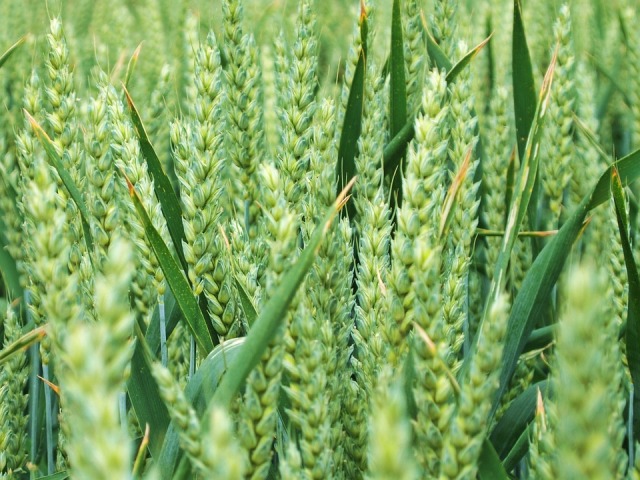Staple crops processing zones will lift millions out of poverty: AfDB
Development of agricultural value chains based on SCPZs could potentially create market opportunities for millions of African farmers.

Africa pays more than a crippling $35 billion annually to import food, a figure that could rise to $110 billion by 2025 if current trade trends continue. To reverse this, the African Development Bank intends to create staple crops processing zones (SCPZs) to help African countries become net exporters of processed foods and commodities.
The Bank is already making investments to develop the SCPZs in a number of African countries. For example, Togo will receive US$S29.5 million through the Togo Agro-Food Processing Zone Project (PTA-Togo). Plans are also underway to reach 15 countries in the next 5 years, including Ethiopia, Democratic Republic of Congo, Zambia, Guinea, Burkina Faso, Madagascar, Cote d’Ivoire, Senegal, and Mozambique.
“I am convinced that just as industrial parks helped China, so the SCPZs will contribute to creating new economic zones in rural areas that will help lift hundreds of millions out of poverty through the transformation of agriculture into a viable and profitable business that will unleash new sources of wealth,” Bank President, Akinwumi Adesina said at the 2018 Agricultural and Applied Economics Association (AAEA) Annual Meeting held in Washington, D.C.
The processing zones are projected to create new markets for farmers’ produce and raw materials, which will become production centers for finished value-added products. The SCPZs are also expected to reduce post-harvest losses and integrate agricultural value chains with supportive logistics, such as warehousing and cold chains. Development of agricultural value chains based on SCPZs could potentially create market opportunities for millions of African farmers.
“These zones will be set aside and managed for agribusinesses and food manufacturing industries and other agro-allied industries. They will be enabled with the right policies and infrastructure such as roads, energy, irrigation, rail, ICT, waste management, and ports to help reduce business transaction costs and could benefit from government subsidies. SCPZs can transform the rural areas from zones of misery into zones of economic prosperity,” Adesina said, calling on local and international investors to invest in the scheme.
Agriculture in Africa provides employment to 61% of the population but only accounts for 25% of its GDP. SCPZs are expected to reduce the gap and create increased opportunities for rural and commercial farmers.
ALSO READ
We will launch urban employment programme guaranteeing work for urban poor in reconstruction, renewal of urban infrastructure: Cong.
No change in RBI's foreign exchange risk management policies, RBI Deputy Governor M D Patra on exchange-traded currency derivatives.
Russian overnight drone attack damages energy infrastructure in Odesa region
'Incredible India': UNGA President Dennis Francis lauds digitalisation, infrastructure investment in India
DMK has no concern for people, farmers; vote for AIADMK for farmer-friendly policies: Palaniswami










